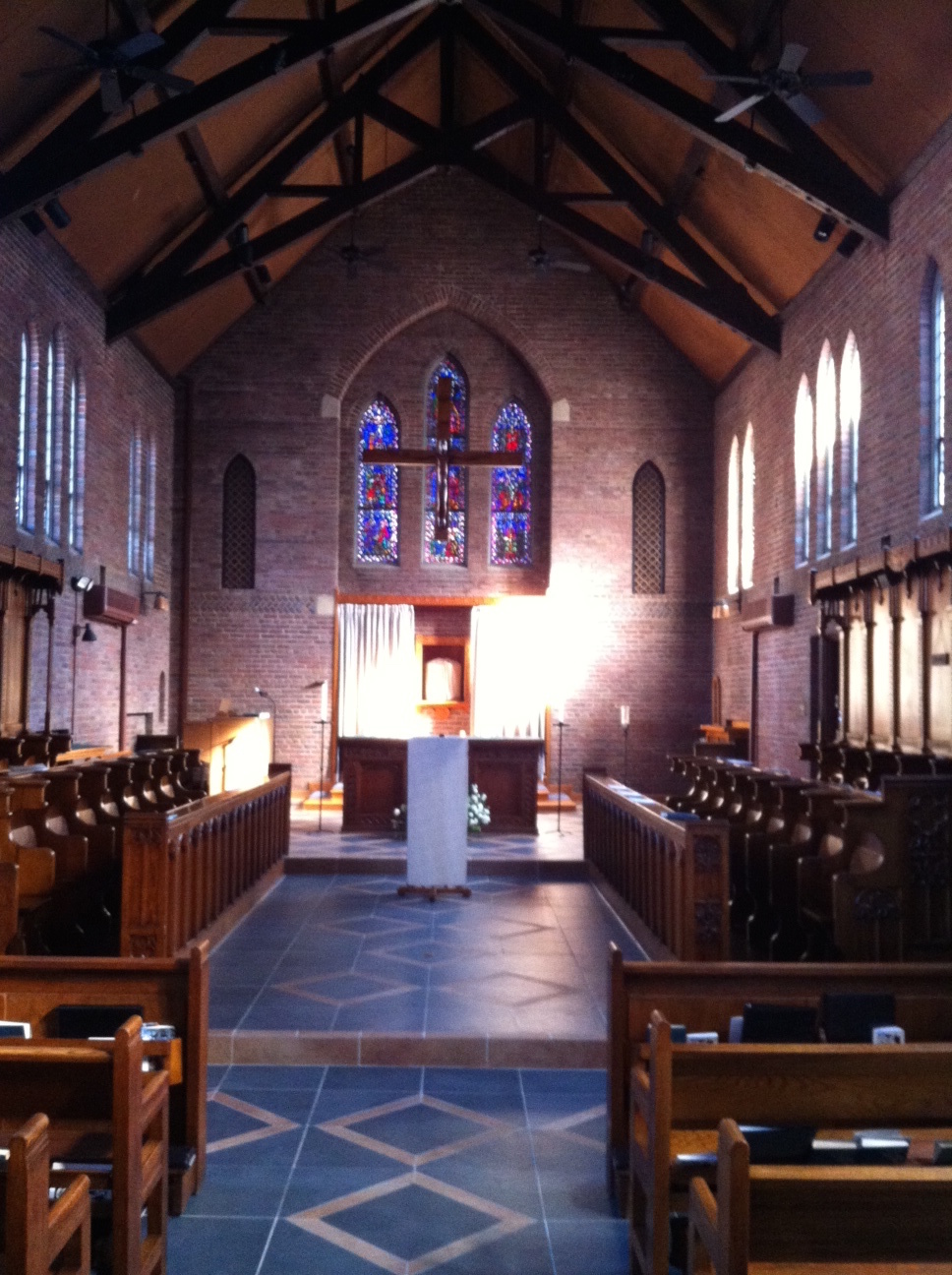At the end of a long and full year, reflecting on what has been and looking forward to what will undoubtedly be another long and full year, these words from Eugene Peterson have been framing my thoughts:
It is essential to distinguish between hoping and wishing. They are not the same thing.
Wishing is something all of us do. It projects what we want or think we need into the future. Just because we wish for something good or holy we think it qualifies as hope. it does not. Wishing extends our egos into the future; hope desires what God is going to do—and we don’t yet know what that is.
Wishing grows out of our egos; hope grows out of our faith. Hope is oriented toward what God is doing; wishing is oriented toward what we are doing. Wishing has to do with what I want in things or people or God; hope has to do with what God wants in me and the world of things and people beyond me.
Wishing is our will projected into the future, and hope is God’s will coming out of the future. Picture it in your mind: wishing is a line that comes out of me, with an arrow pointing into the future. Hoping is a line that comes out of God from the future , with an arrow pointing toward me.
Hope means being surprised, because we don’t know what is best for us or how our lives are going to be completed. To cultivate hope is to suppress wishing—to refuse to fantasize about what we want but live in anticipation of what God is going to do next.
Hope affects the Christian life by making us expectant and alive. People with minimal hope live in drudgery and boredom because they think they know what’s going to happen next. They’ve made their assessment of God, the people around them, and themselves, and they know what’s coming.
People who hope never know what’s coming next. They expect it is going to be good, because God is good. Even when disasters occur, people of hope look for how God will use evil for good.
A person with hope is alive to God. Hope is powerful. It is stimulating. It keeps us on tiptoe, looking for the unexpected.
